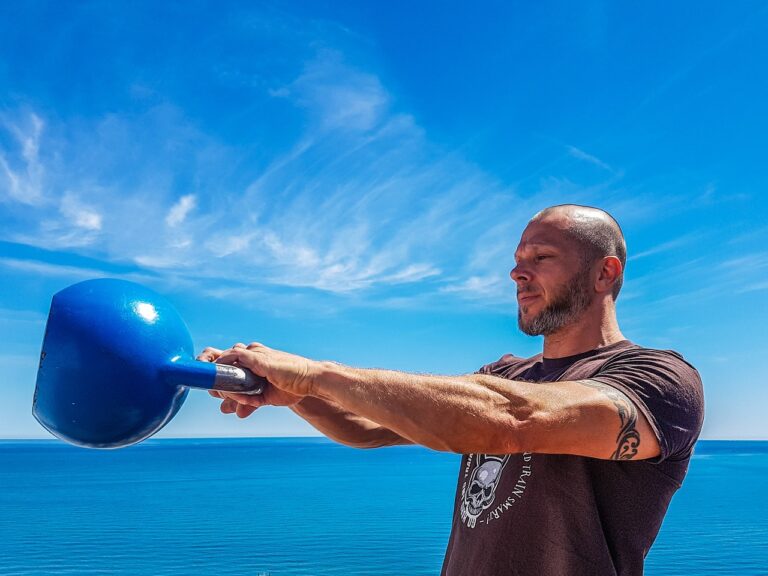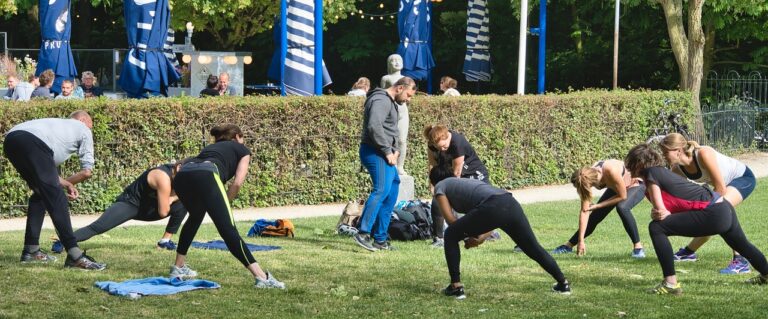Fostering Healthy Aging: Strategies for Senior Wellness
As our population continues to age, it is more important than ever to prioritize healthy aging strategies for seniors. In this article, we will explore various ways to foster senior wellness, from physical and mental health tips to social engagement and lifestyle adjustments. By implementing these strategies, seniors can maintain their independence, vitality, and overall quality of life.
Physical Health
Physical health is a crucial aspect of healthy aging. Regular exercise can help seniors maintain strength, flexibility, and balance, reducing the risk of falls and injuries. Activities such as walking, swimming, and yoga are excellent options for seniors looking to stay active. It is important for seniors to consult with their healthcare provider before starting any new exercise regimen.
Dietary Habits
Eating a healthy, balanced diet is essential for senior wellness. Seniors should focus on consuming plenty of fruits, vegetables, whole grains, and lean proteins. Adequate hydration is also key for maintaining overall health. Limiting processed foods, sugary drinks, and unhealthy fats can help reduce the risk of chronic diseases such as heart disease and diabetes.
Mental Health
Mental health is just as important as physical health when it comes to healthy aging. Seniors should prioritize activities that stimulate the mind, such as reading, crossword puzzles, or learning a new hobby. Maintaining social connections and seeking support from friends, family, or a counselor can also help seniors combat feelings of loneliness or depression.
Sleep Hygiene
Getting adequate sleep is essential for overall health and well-being. Seniors should aim for 7-9 hours of quality sleep each night. Establishing a bedtime routine, creating a comfortable sleep environment, and avoiding stimulants such as caffeine or electronics before bed can help seniors improve their sleep quality.
Social Engagement
Staying socially engaged is vital for senior wellness. Participating in activities such as group exercise classes, volunteering, or joining a club can help seniors stay connected to others and combat feelings of isolation. Building and maintaining strong social connections can also improve mental health and overall well-being.
Lifestyle Adjustments
As seniors age, making lifestyle adjustments can help them maintain their independence and quality of life. This may involve downsizing to a more manageable living space, utilizing assistive devices to aid in daily activities, or seeking support from healthcare professionals or community resources. By adapting to changes in their health and abilities, seniors can continue to live fulfilling and active lives.
FAQs
Q: What are some tips for staying physically active as a senior?
A: Seniors can stay physically active by engaging in activities such as walking, swimming, yoga, or tai chi. It is important to choose activities that are safe and enjoyable, and to consult with a healthcare provider before starting any new exercise regimen.
Q: How can seniors improve their mental health?
A: Seniors can improve their mental health by engaging in activities that stimulate the mind, such as reading, puzzles, or learning a new hobby. Building and maintaining social connections can also help combat feelings of loneliness or depression.
Q: What are some ways seniors can improve their sleep quality?
A: Seniors can improve their sleep quality by establishing a bedtime routine, creating a comfortable sleep environment, and avoiding stimulants such as caffeine or electronics before bed. If sleep problems persist, it is important to consult with a healthcare provider.
Q: How important is social engagement for senior wellness?
A: Social engagement is crucial for senior wellness, as it helps combat feelings of isolation and loneliness. Participating in group activities, volunteering, or joining a club can help seniors stay connected to others and improve their overall well-being.
By incorporating these strategies into their daily routine, seniors can foster healthy aging and maintain their independence, vitality, and overall quality of life.







